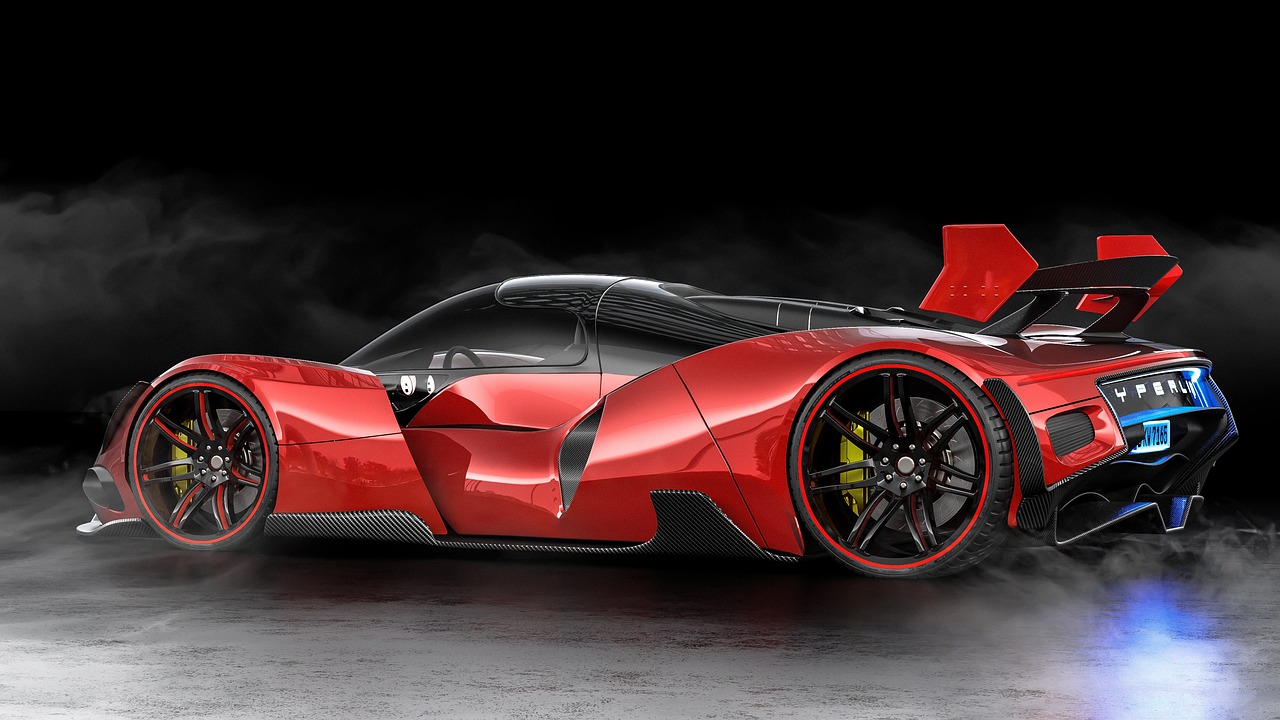The Role of Car Racing in Developing Engine Technologies
Car racing has played a significant role in the development of engine technologies over the years. The competitive nature of racing has driven manufacturers to push the boundaries of innovation and engineering, leading to advancements that have benefited both the racing industry and everyday drivers. In this article, we will explore the impact of car racing on engine technologies and how it has shaped the automotive industry as we know it today.
History of Racing and Engine Development
Racing has been a part of automotive culture since the early days of the automobile. As early as the late 19th century, manufacturers were using racing as a way to showcase their engineering prowess and demonstrate the performance of their vehicles. In these early races, engine technologies were constantly being pushed to their limits as manufacturers sought to gain a competitive edge over their rivals.
One of the most significant milestones in racing history was the introduction of the Formula One World Championship in 1950. This premier racing series brought together the best drivers and teams from around the world, driving technological advancements at a rapid pace. Manufacturers poured resources into developing engines that were more powerful, fuel-efficient, and reliable, leading to innovations that eventually found their way into consumer vehicles.
Impact on Consumer Vehicles
The advancements made in racing have had a direct impact on the development of engine technologies in consumer vehicles. Technologies such as fuel injection, turbocharging, and variable valve timing, which were once exclusive to high-performance racing engines, are now commonplace in everyday cars. These innovations have led to more efficient and powerful engines that deliver better performance and fuel economy.
Additionally, racing has also been a driving force behind the development of hybrid and electric vehicle technologies. The push for greater sustainability in racing has led to the adoption of hybrid powertrains in series such as Formula 1 and Le Mans. These technologies have since been adapted for use in consumer vehicles, leading to the proliferation of electric and hybrid cars on the market today.
Current Trends in Racing and Engine Development
Today, car racing continues to drive innovation in engine technologies. Manufacturers are constantly searching for ways to improve efficiency, reduce emissions, and enhance performance on the track. From advancements in aerodynamics to the use of alternative fuels, racing teams are pushing the boundaries of what is possible with engine design.
One of the most exciting developments in recent years has been the rise of electric racing series such as Formula E. These series have brought a new focus on electric drivetrains and battery technologies, leading to further advancements in the field of electric vehicles. The lessons learned from racing have already had a significant impact on the development of consumer electric cars, with advancements in battery technology and charging infrastructure.
The Future of Engine Technologies
As we look towards the future, the role of car racing in developing engine technologies will continue to be crucial. With the automotive industry shifting towards electrification and sustainability, racing will play a key role in driving innovation and pushing the boundaries of what is possible with engine design. From advancements in autonomous driving to the development of alternative fuels, racing will continue to be a source of inspiration for the automotive industry as a whole.
Conclusion
Car racing has been instrumental in the development of engine technologies over the years, leading to advancements that have shaped the automotive industry as we know it today. From the early days of racing to the modern era of electrification, racing has been a driving force behind innovation and engineering excellence. As we look towards the future, the role of racing in developing engine technologies will continue to be essential in driving the automotive industry forward.
FAQs
What are some examples of engine technologies developed in car racing?
Some examples of engine technologies developed in car racing include fuel injection, turbocharging, variable valve timing, and hybrid powertrains.
How has racing impacted the development of consumer vehicles?
Racing has had a direct impact on the development of engine technologies in consumer vehicles, leading to more efficient and powerful engines that deliver better performance and fuel economy.
What are some current trends in racing and engine development?
Some current trends in racing and engine development include advancements in aerodynamics, the use of alternative fuels, and the rise of electric racing series such as Formula E.
What is the future of engine technologies in car racing?
The future of engine technologies in car racing will continue to focus on electrification and sustainability, with a greater emphasis on autonomous driving, alternative fuels, and advancements in battery technology.







